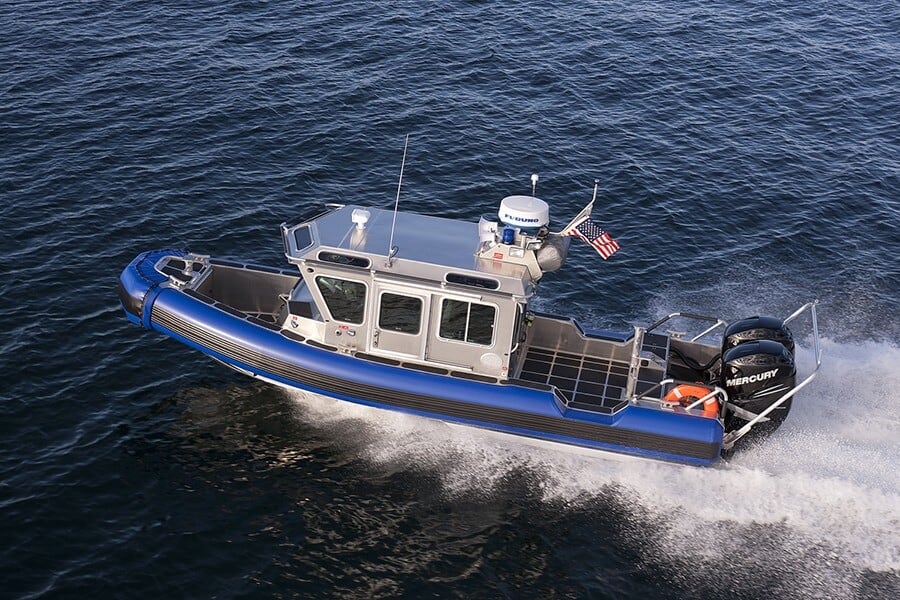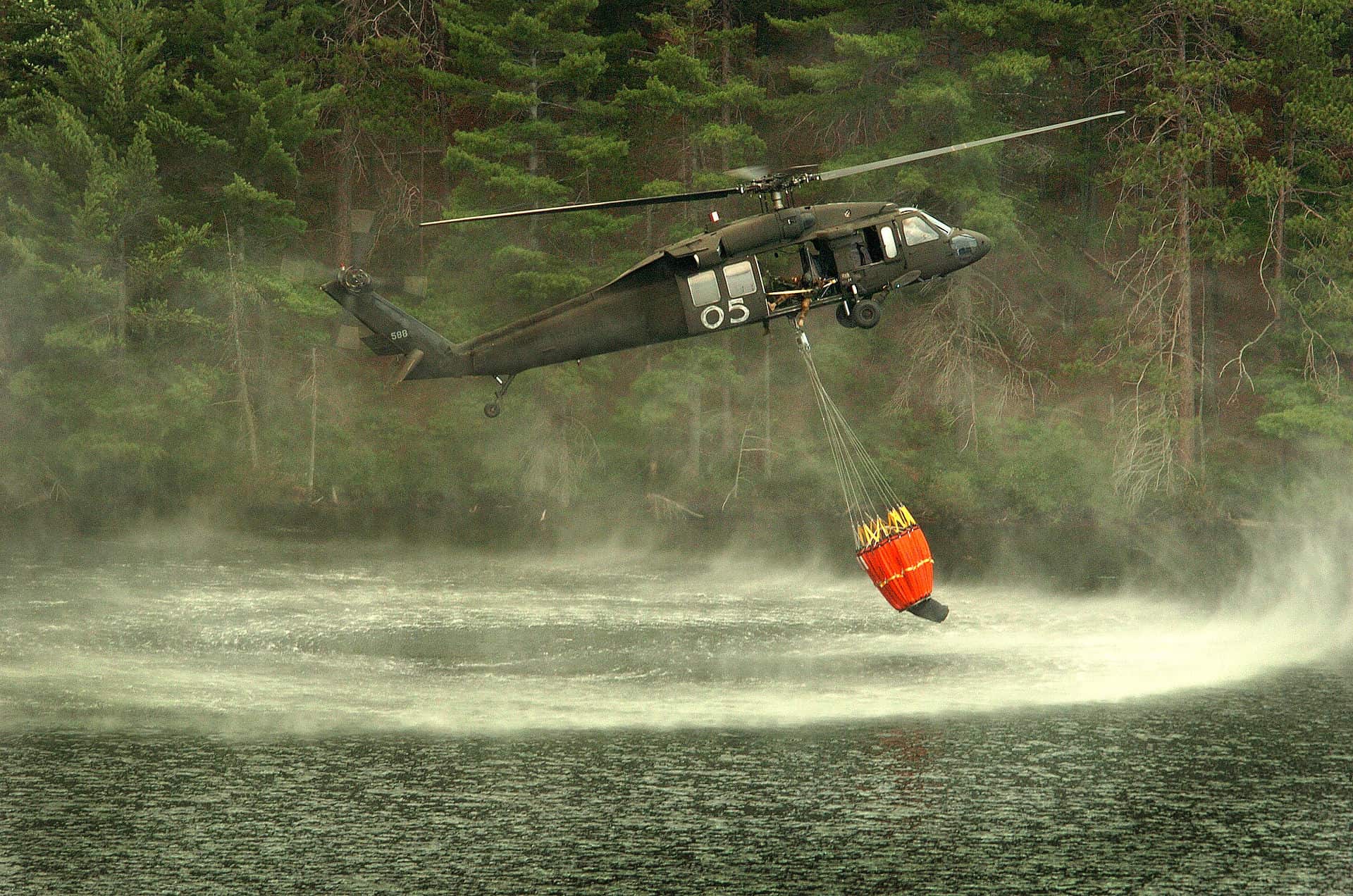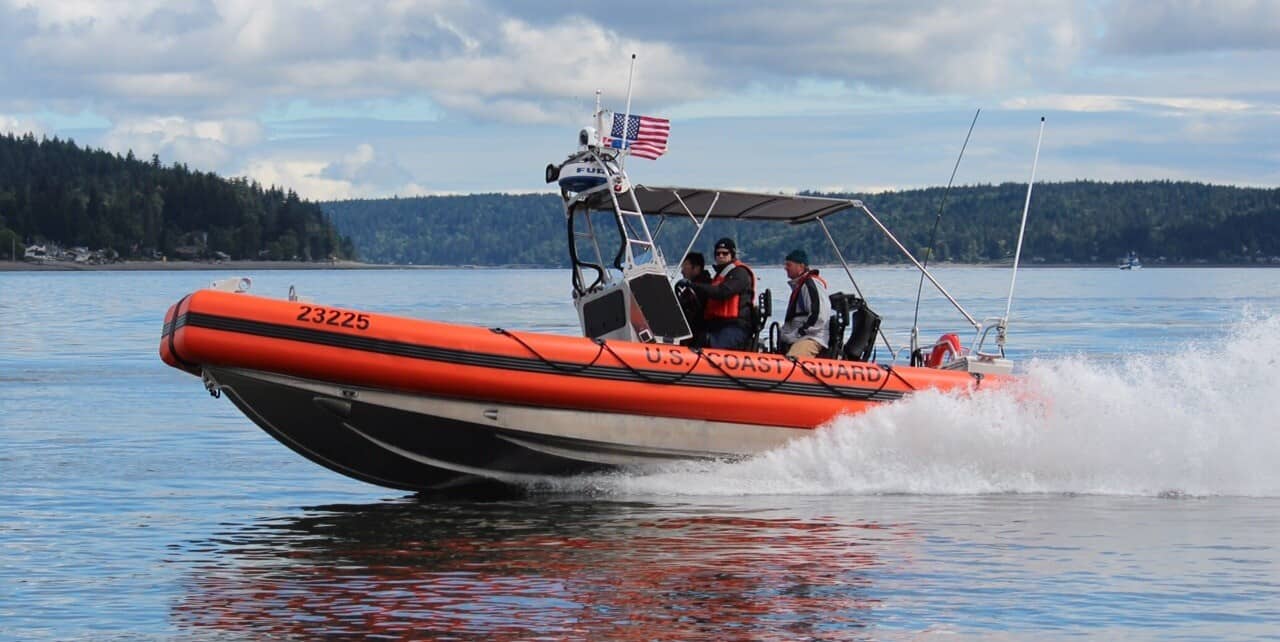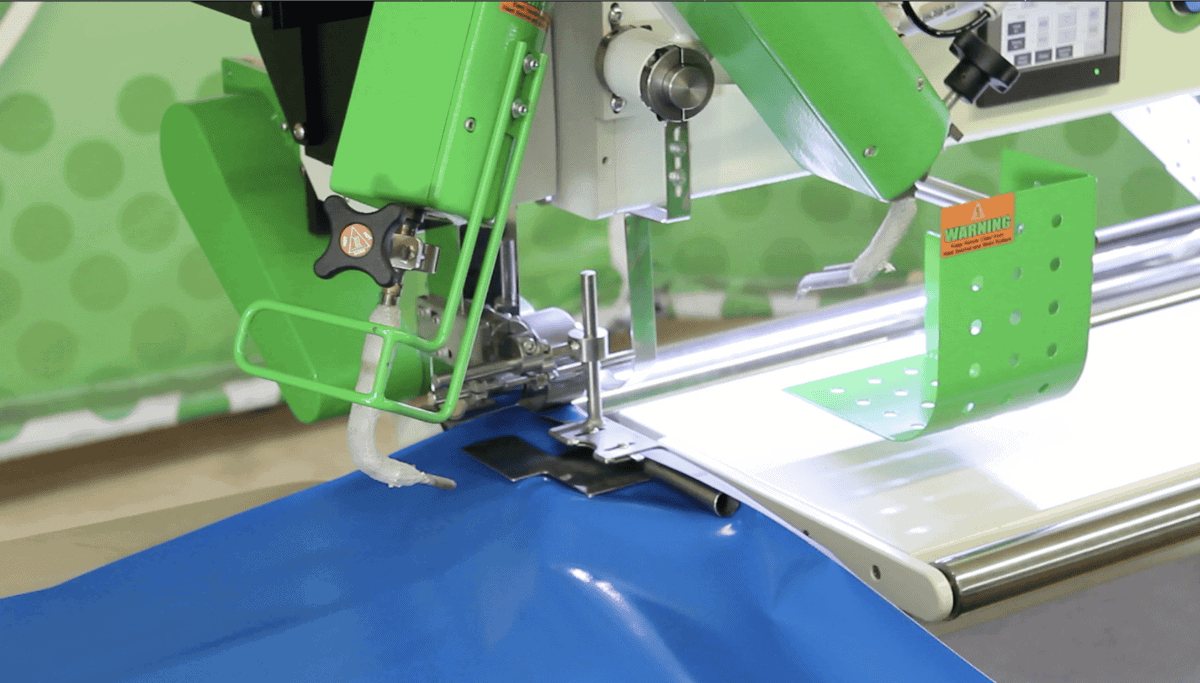Rising Demand for Rigid Inflatable Boat (RIB) Collars Made from Polyurethane Fabric
Boats, Environmental Control, Marine Safety, Sustainability, WeldingAug 28, 2019
Photo courtesy of SAFE Boats International
The Rigid Inflatable Boat (RIB) construction market has traditionally been driven by factors such as boat lifespan, endurance, durability, ease of manufacture, field repair, and cost. In this article, we are looking into factors that have come into play during the last decade, shifting interest towards Polyurethane fabric for RIB construction, in place of synthetic rubber.
RIB Market Material Habits & Requirements
Professional RIB manufacturers have specific material requirements, stemming from the needs of the application, as well as boating market trends. Materials are of course required to have excellent strength, weather resistance, and UV stability. Less apparent characteristics – although equally as important – are fabric flexibility, air holding, and ability to form strong welds.
Not long ago, a material that fit the bill was synthetic rubber or CSM (chlorosulfonated polyethylene).
RIB manufacturers were widely using this material for all of their technical fabric needs. However, due to various environmental considerations and the rise of new material options, manufacturers are increasingly switching to better alternatives.
Increased Awareness
Hypalon production was discontinued by its original manufacturer, DuPont, back in 2009. This was due to production safety reasons and environmental considerations. For one, when Hypalon burns it releases highly toxic fumes. These fumes have been subjected to scrutiny in the polymers industry and considered to be an atmospheric pollutant. Moreover, Hypalon contains lead-based additives, well known for dangers and restrictions.
This development has resulted in a market shift regarding material considerations of RIB boat production. Manufacturers resulted in two main choices: they either switched to off-brand Hypalon (CSM/CSPE) suppliers or switched to new, superior materials such as Thermoplastic Polyurethane (TPU).
TPU vs Hypalon
Material Properties & Endurance
TPU outperforms CSM in mechanical properties, such as abrasion and extreme weather endurance. Modern TPU copolymers demonstrate excellent resistance to UV exposure, significantly improving the lifespan of a RIB boat. It also results in products having less overall weight, compared to the weight they would otherwise have if manufactured from CSM.
Moreover, TPU offers superior RIB performance and endurance due to two major factors. First of all, it can be easily welded using just hot air or other heat-based welding techniques. Secondly, the resulting weld forms a uniform fused surface with great air holding capability; contrary to CSM, which requires the application of glue for bonding, a process that takes more time and produces non-uniform joints of lower quality and air holding capacity, in comparison to TPU.
This difference in time is significant. While the adhesion of the inflatable boat collar from CSM will take several days to complete, the adhesion of the collar from TPU will take only several hours.
Environmental sustainability
CSM involves hazards for both raw material producers and RIB manufacturers. Its use of harmful lead-based chemicals further contributes to it being an unsustainable material. Moreover, it does not offer the same end of life recycling options as TPU products.
Therefore, a critical advantage of TPU over Hypalon – or any off-brand SCM/CSPE material for that matter – is its environmental sustainability. TPU manufacturing does not involve any dangerous chemicals. Nor does it give off any toxic fumes when burned or heated. In the production of CSM boats, factory workers would risk exposure to odors and dangerous toxins from the bonding of the boat collar, as opposed to the production with TPU, where there are no such toxins even during the welding process.
Finally, TPU offers more end of life options, such as break-down recycling for re-using, upcycling, or repurposing for the manufacturing of new products.
Using the appropriate technical fabric for your specific application can make the difference between end-product failure or success. Erez is a technical fabric manufacturer experienced in many types of applications, and the vendor of choice for select world-class product manufacturers. Request a free consultation to receive an expert review of your product specifications.
Share this Post




